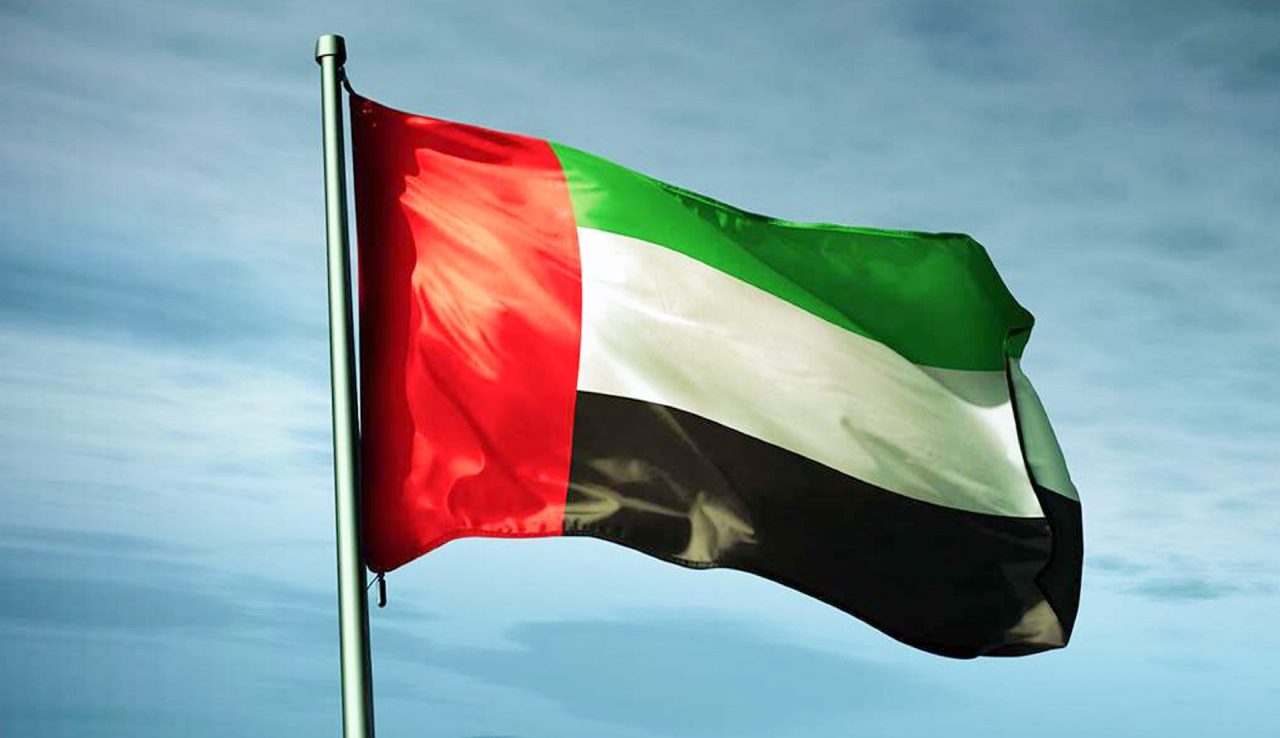
Protests are a common method for individuals to express their opinions and demand change in many parts of the world. However, in the United Arab Emirates, engaging in protests is against the law and can lead to severe consequences, like fines, jail sentences and deportation. This article explores the reasons behind the UAE’s legal stance on protests, the underlying principles of its legal system, and the implications for residents and visitors.
The UAE has strict laws governing public gatherings and demonstrations. The country’s legal framework, based on a combination of civil law, Sharia law, and local customs, emphasizes maintaining public order and national security. The primary legislation that addresses public protests includes the Penal Code and various decrees issued by the Ministry of Interior.
Under UAE law, organizing or participating in unauthorized public protests can lead to severe penalties, including fines, imprisonment, and deportation for expatriates. The UAE government enforces these laws rigorously to prevent any activities that could disrupt public order or threaten the stability of the nation.
One of the key reasons for the prohibition of protests in the UAE is the government’s focus on national security and stability. The UAE is situated in a region that has experienced significant political unrest and conflict throughout the ages. To ensure the safety and well-being of its citizens and residents, the UAE government adopts a proactive approach to prevent any potential sources of instability, no matter the cause.
Public protests can sometimes escalate into violent confrontations or be exploited by groups with ulterior motives, posing a threat to public safety. By restricting protests, the UAE aims to maintain peace and security, which are considered essential for the country’s continued development and prosperity.
The UAE’s approach to protests is also influenced by its socio-cultural context. The country has a diverse population comprising Emirati nationals and expatriates from various cultural backgrounds. As the UAE government encourages resolving any global conflicts through dialogue and legal channel rather than violence and public demonstrations, so it does within the UAE cities.
In the UAE, social harmony and respect for authority are highly valued. The government promotes a culture of cooperation and consultation, encouraging citizens and residents to work with authorities to address their concerns. This approach is seen as more effective in maintaining social order and cooperation within a multicultural society. Making any exception is out of question.
While public protests are prohibited, the UAE provides legal alternatives for individuals and groups to express their opinions and seek redress for their grievances. Residents can file complaints with government bodies, participate in public consultations, and engage with community representatives. The government has established various channels, such as the Dubai Police Smart Services app and the Abu Dhabi Government Contact Center, to facilitate this process.
Additionally, the UAE has a robust legal system where individuals can seek justice through the courts. The government encourages the use of legal mechanisms to resolve disputes and address issues in a structured and orderly manner.
The prohibition of protests in the UAE is rooted in the country’s commitment to maintaining national security, social stability, public order and approach towards resolving conflicts with diplomacy and negotiations. By understanding the legal framework, socio-cultural factors, and the available legal alternatives, residents and visitors can appreciate the UAE’s unique approach to governance which had proven its efficiency throughout the years by empowering economic growth. While this approach may differ from other countries, it reflects the UAE’s priorities and values in ensuring a safe and harmonious society.



